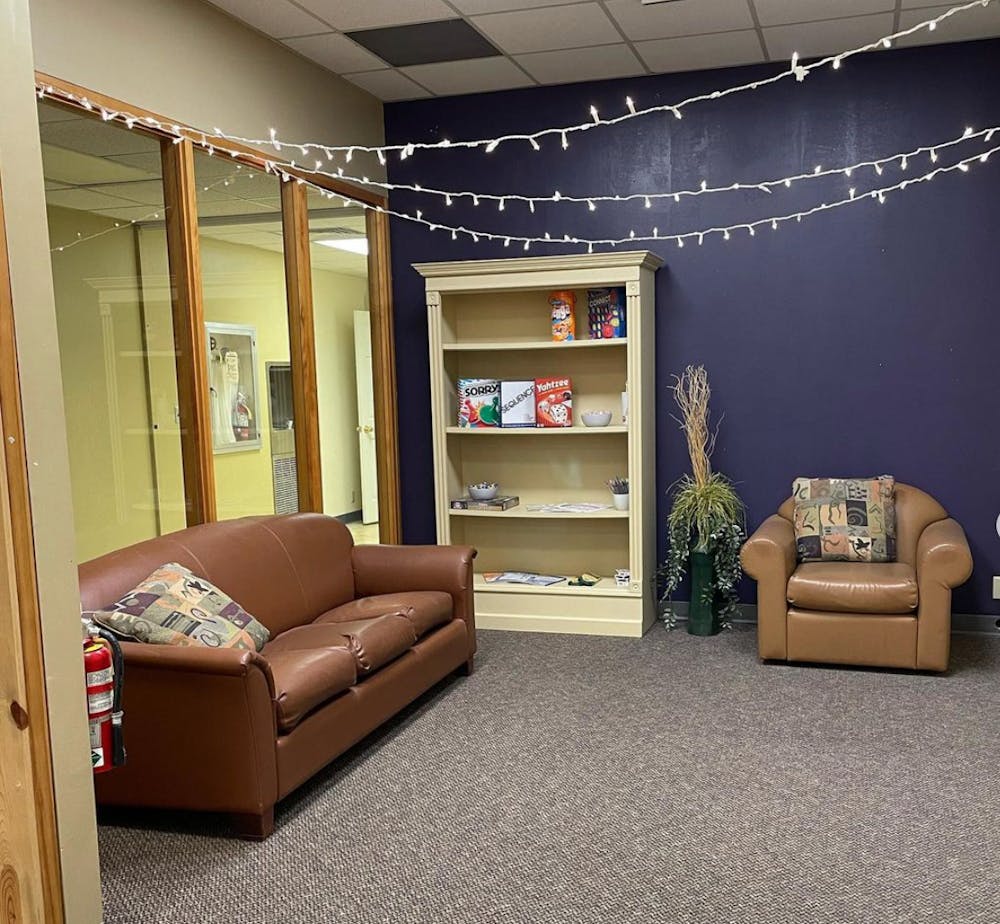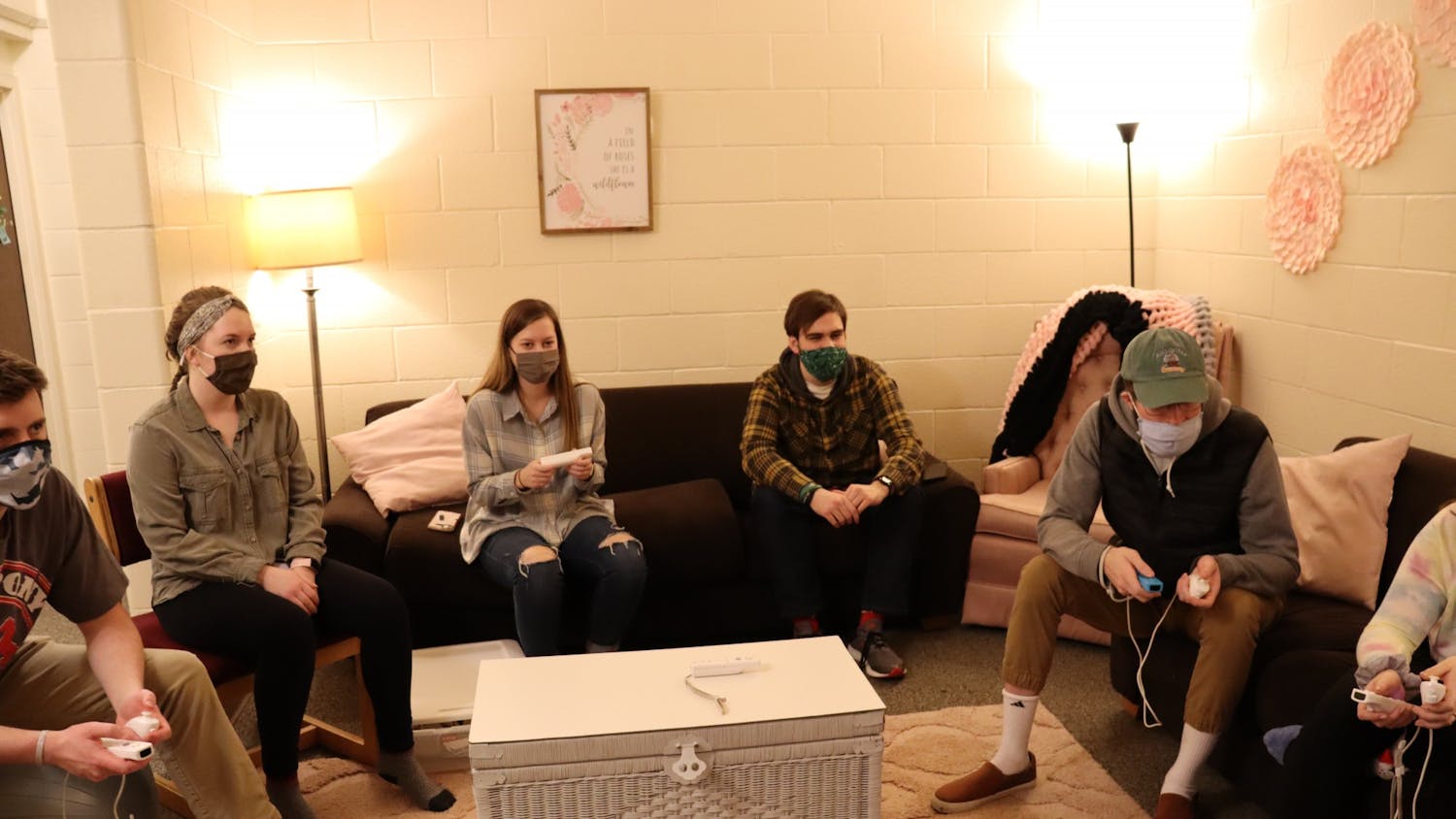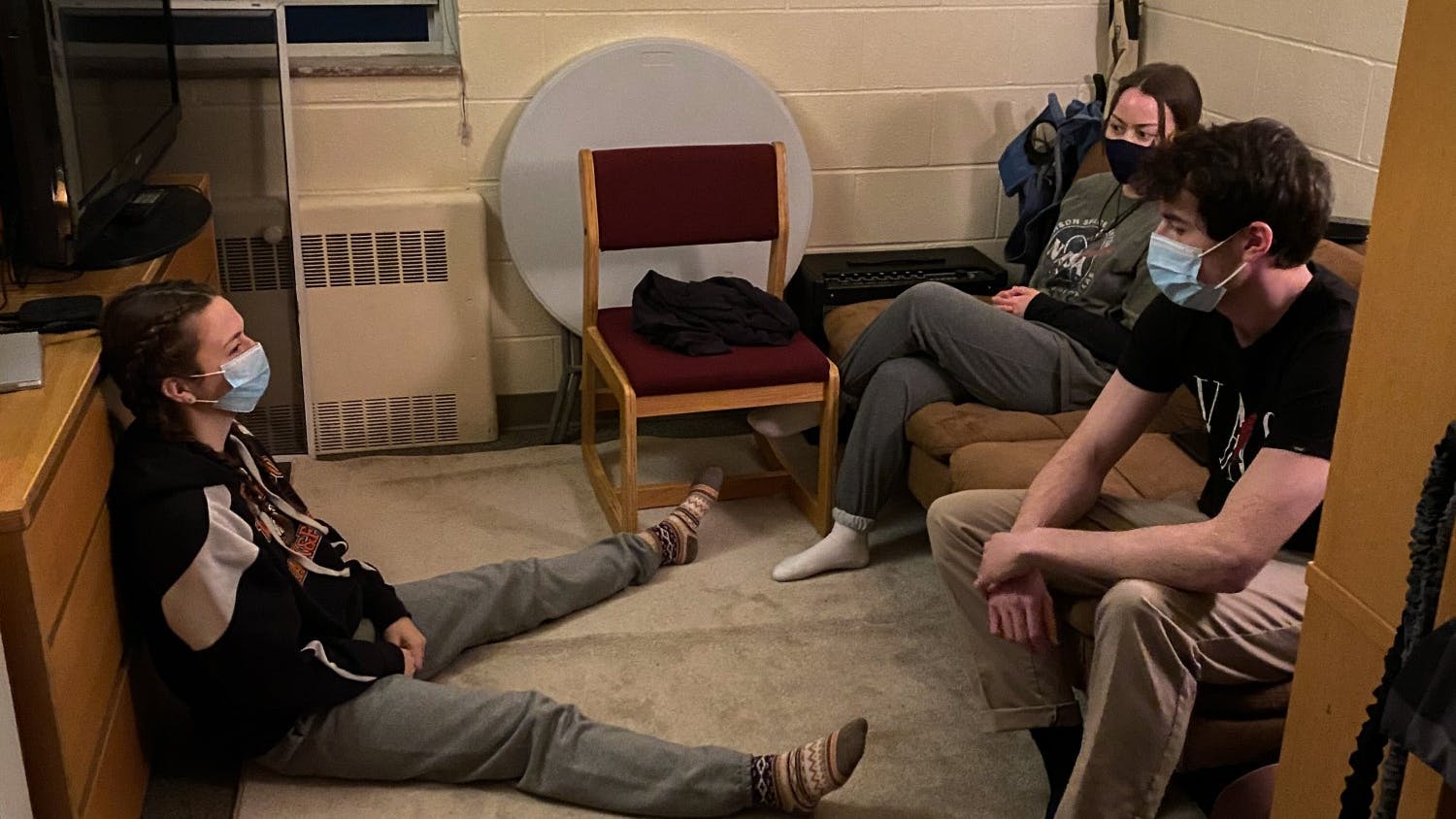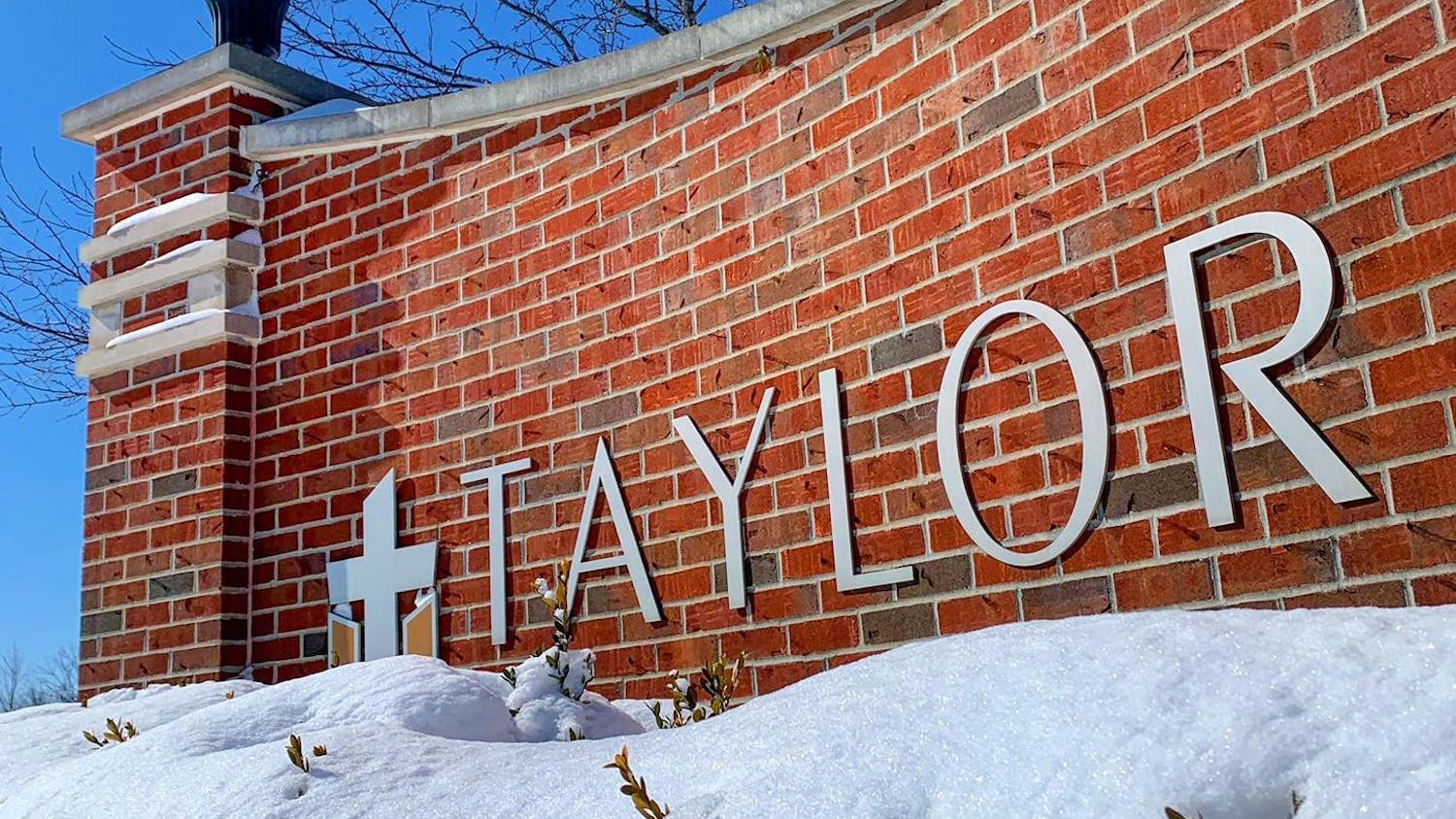Following a long Christmas break and an unusually full campus over J-term, students are back at Taylor and in the full swing of classes.
As seen when coming back for Fall semester, students came to campus with questions about COVID-19 restrictions and what a second semester of quarantine, isolation and social distancing would bring.
Skip Trudeau, vice president for student development, and Ron Sutherland, special assistant to the president, are both members of the Senior Leadership Team (SLT) on the Pandemic Re-opening Team (PeRT). Both committees meet multiple times a week to discuss COVID-19 progress and review the positive case numbers of Indiana and Grant County.
Sutherland and Trudeau see the Spring as an interesting time on campus because of how inverted it seems from Fall semester. Fall started with warm weather and outdoor events, then transitioned indoors, while Spring is starting indoors and when the temperature warms, students and activities will move outside.
While positive cases rose on campus in January, with the last email sent on Jan. 29 revealing 164 students in active quarantine and isolation, Trudeau says that it is unlikely students will be sent home this semester due to positive cases.
“Chief amongst (our concerns) are that we continue to care for students in isolation, can we get meals for the people in quarantine, can the bandwidth on campus continue to handle the nature of what is going on,” Sutherland said. “Those are actually more the drivers, about caring for students in the process, than a particular number as we move forward.”
Currently, Indiana classifies Grant County as an orange county, meaning it has 100-199 new weekly positive cases per 100,000 residents.
Because of this, PeRT is beginning to reintroduce activities onto Taylor’s campus. The first experience to resume was Open Hours which happened for the first time this school year on Feb. 6.
Decisions made by PeRT and the SLT can change rapidly, however.
“Some of the decisions we made on the best information we had at that time, and literally it could be the next day and that’s changed,” Trudeau said.
Sutherland describes the process like trying to nail Jell-O to a wall.
As such, Trudeau and Sutherland admit that communication could be improved.
“Communication is the hardest piece of this whole process,” Sutherland said. “We try to be consistent with the emails every Friday. We’ve developed some consistent ways to (communicate) but things can always be better.”
Issues that students have communicated about COVID-19 have been taken seriously. Following negative feedback from students about the dome and other quarantine spaces around campus, Kathy Chamberlain, director of the counseling center, got permission to revamp the space over Christmas break.
“We heard students say that the space was really difficult for them, for their mental health, and we know that environment impacts mental health,” Chamberlain said. Consequently, the counseling center added amenities such as coffee machines, therapy lamps, four-square, couches and more to the dome to help students better care for their mental, physical and social health.
One poster gives students isolating and in quarantine a list of resources for caring for their mental health as well as 10 things they can do each day to stay healthy. These include drinking water, being creative and making a schedule for themselves.
Trudeau and Sutherland also encourage students to stay physically active and continue to wear masks and social distance.
Students with questions about COVID-19 can contact PeRT and can find support for mental health from the counseling center resources. These links can be found at https://covid19.taylor.edu.





